Related Research Articles

James Harold Wilson, Baron Wilson of Rievaulx, was a British statesman and Labour Party politician who was Prime Minister of the United Kingdom twice, from 1964 to 1970 and again from 1974 to 1976. He was Leader of the Labour Party from 1963 to 1976, Leader of the Opposition twice from 1963 to 1964 and again from 1970 to 1974, and a Member of Parliament (MP) from 1945 to 1983. Wilson is the only Labour leader to have formed administrations following four general elections.

Sir Dingle Mackintosh Foot, QC was a British lawyer, Liberal and Labour Member of Parliament, and Solicitor General for England and Wales in the first government of Harold Wilson.

Alan John Williams was a British Labour politician who served as Member of Parliament (MP) for Swansea West for over 45 years, from 1964 to 2010. He was the longest serving MP for a Welsh constituency since David Lloyd George and built a reputation for his detailed scrutiny of the ways in which public money was spent.
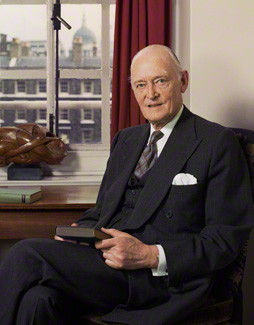
Gerald Austin Gardiner, Baron Gardiner, was a British Labour politician, who served as Lord High Chancellor of Great Britain from 1964 to 1970. In that position he embarked on a programme of reform, most importantly setting up the Law Commission in 1965.

John Morris, Baron Morris of Aberavon, was a British politician. He was a Labour Party Member of Parliament for over 41 years, from 1959 to 2001, which included a period as Secretary of State for Wales from 1974 to 1979 and as Attorney General between 1997 and 1999. He was the last living former Labour MP who was first elected in the 1950s. He was also the last surviving member of Harold Wilson's 1974–76 cabinet, and was the longest-serving Privy Counsellor at the time of his death. His combined parliamentary service totalled over 60 years.
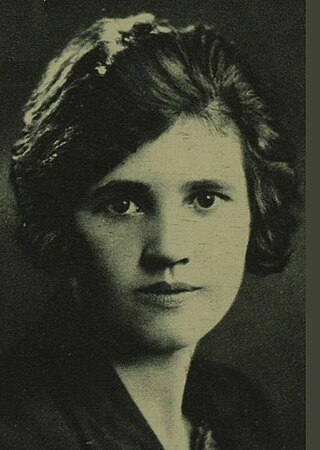
Janet Lee, Baroness Lee of Asheridge, PC LLD HonFRA, known as Jennie Lee, was a Scottish politician. She was a Labour Member of Parliament from a by-election in 1929 until 1931 and then from 1945 to 1970.
Peter Maurice Wright CBE was a principal scientific officer for MI5, the British counter-intelligence agency. His book Spycatcher, written with Paul Greengrass, became an international bestseller with sales of over two million copies. Spycatcher was part memoir, part exposé detailing what Wright claimed were serious institutional failures he investigated within MI5. Wright is said to have been influenced in his counterespionage activity by James Jesus Angleton, counter-intelligence chief of the US Central Intelligence Agency (CIA) from 1954 to 1975.
In the United Kingdom, D-Notices, officially known since 2015 as DSMA-Notices, are official requests to news editors not to publish or broadcast items on specified subjects for reasons of national security.

George Morgan Thomson, Baron Thomson of Monifieth, was a British politician and journalist who served as a Labour MP. He was a member of Harold Wilson's cabinet, and later became a European Commissioner.
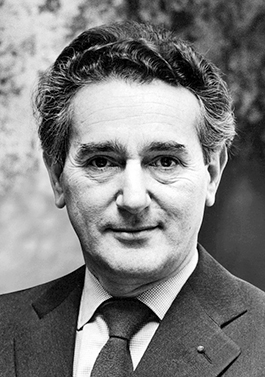
Reginald Yarnitz Freeson was a British Labour politician. He was a Member of Parliament for 23 years, from 1964 to 1987, for Willesden East and later Brent East, with 14 years on the front bench. He became a junior minister in the Ministry of Power in 1967, and then led his party on housing policy for 10 years, from 1969 to 1979, serving as Minister of State for Housing from 1969 to 1970 and then again from 1974 to 1979, and being his party's housing spokesman in the intervening period. He continued as health and social security spokesman until 1981. His soft-left opinions made him vulnerable to the hard left in the early 1980s, and he was deselected in 1985, leaving Parliament at the 1987 general election to be succeeded by hard-leftwinger and future London mayor Ken Livingstone.

Henry Chapman Pincher was an English journalist, historian and novelist whose writing mainly focused on espionage and related matters, after some early books on scientific subjects.

Norman Harold Lever, Baron Lever of Manchester, PC was a British barrister and Labour Party politician.
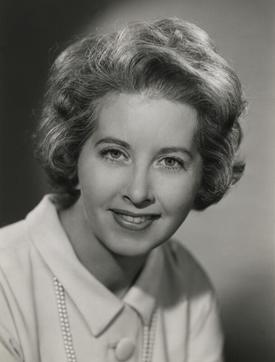
Constance Mary Hart, Baroness Hart of South Lanark,, also known as Dame Judith Hart, was a British Labour Party politician. She served as a Member of Parliament for 28 years, from 1959 to 1987. She served as a government minister during the 1960s and 1970s before entering the House of Lords in 1988.
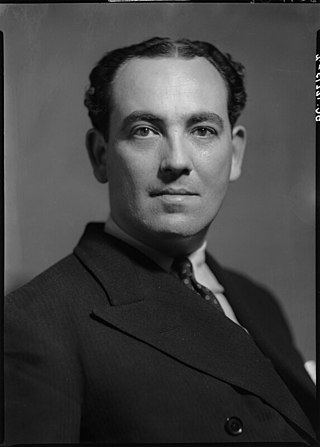
Thomas Edward Neil Driberg, Baron Bradwell was a British journalist, politician, High Anglican churchman and possible Soviet spy, who served as a Member of Parliament (MP) from 1942 to 1955, and again from 1959 to 1974. A member of the Communist Party of Great Britain for more than twenty years, he was first elected to parliament as an Independent and joined the Labour Party in 1945. He never held any ministerial office, but rose to senior positions within the Labour Party and was a popular and influential figure in left-wing politics for many years.

Joseph Bradshaw Godber, Baron Godber of Willington, was a British Conservative Party politician. He was the Member of Parliament for Grantham from 1951 to 1979 and held ministerial posts in the governments of Harold Macmillan, Alec Douglas-Home, and Edward Heath.
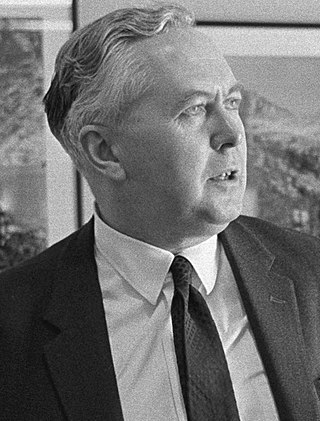
Since the mid-1970s, a variety of allegations have emerged regarding British Labour Prime Minister Harold Wilson, who served as the prime minister of the United Kingdom from 1964 to 1970 and 1974 to 1976. These range from Wilson having been a Soviet agent, to Wilson being the victim of treasonous plots by conservative-leaning elements in MI5 and the British military, claims which Wilson himself made.

Arthur Leslie Noel Douglas Houghton, Baron Houghton of Sowerby, was a British Labour politician. He was the last British Cabinet minister born in the 19th century. After he retired in 1967, every Cabinet minister has been born since 1900. He was also the last veteran of World War I to serve in the Cabinet and both Houses of Parliament.

The 1970 Prime Minister's Resignation Honours were officially announced in the London Gazette of 7 August 1970 and marked the June 1970 electoral defeat of the Prime Minister, Harold Wilson.

Christopher John Pincher is a British former politician and member of the Conservative Party who served as Member of Parliament (MP) for Tamworth from 2010 until his resignation in 2023. Pincher served as Government Deputy Chief Whip, and Treasurer of the Household from 2018 to 2019 and from February to June 2022.

Sir Gerald Bernard Kaufman was a British politician and author who served as a minister throughout the Labour government of 1974 to 1979. Elected as a member of parliament (MP) at the 1970 general election, he became Father of the House in 2015 and served until his death in 2017.
References
- Harold Wilson, The Labour Government 1964–1970 (Weidenfeld & Nicolson and Michael Joseph, 1971), pp. 373–376 and 415–418.
- ↑ Chapman Pincher, "Cable vetting sensation", Daily Express, 21 February 1967.
- ↑ Harold Wilson, The Labour Government 1964–1970 (Weidenfeld & Nicolson and Michael Joseph, 1971), p. 375.
- ↑ "M.P.s will ask about check on cables", The Times, 21 February 1967, p. 1.
- ↑ Wilson, The Labour Government 1964–1970, p. 374. Note that Wilson's memoirs inaccurately date the question to 22 February.
- ↑ David Wood, "'Sensationalized' Story on State Secrets", The Times, 22 February 1967, p. 1.
- ↑ Chapman Pincher, "A Charge Refuted", Daily Express, 21 February 1967.
- ↑ Wilson, The Labour Government 1964–1970, p. 376.
- ↑ Wilson, The Labour Government 1964–1970, p. 417.
- ↑ "Mr. Wilson's answer to 'D' notice challenge", The Times, 24 February 1967, p. 7.
- ↑ George Clark, "Privy Council inquiry on 'Express' report", The Times, 25 February 1967, p. 1.
